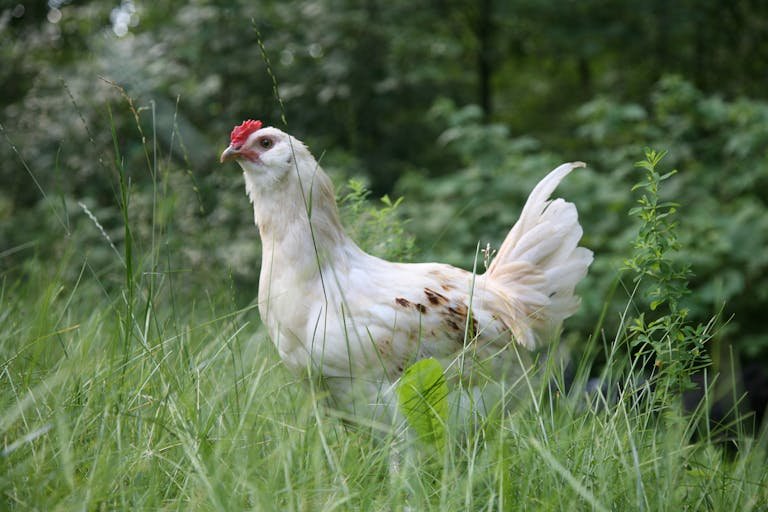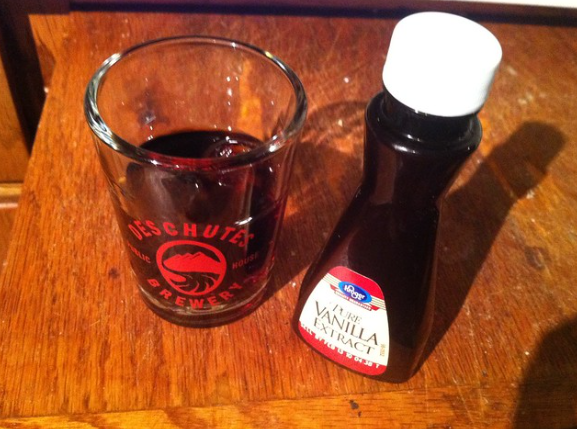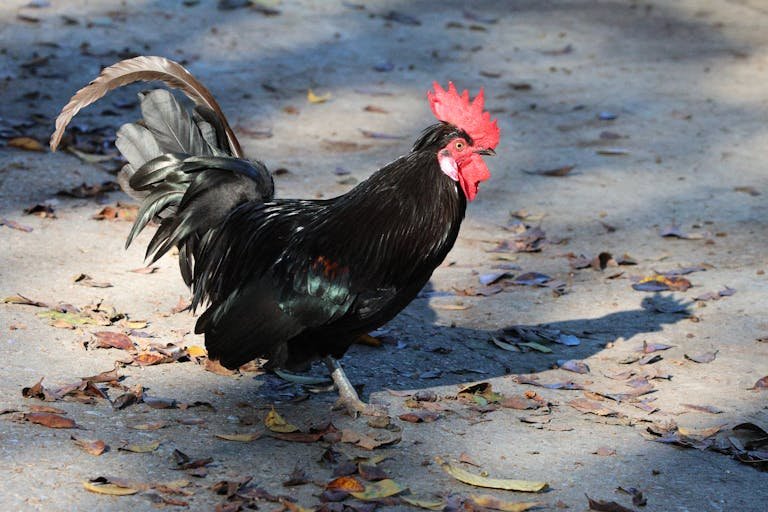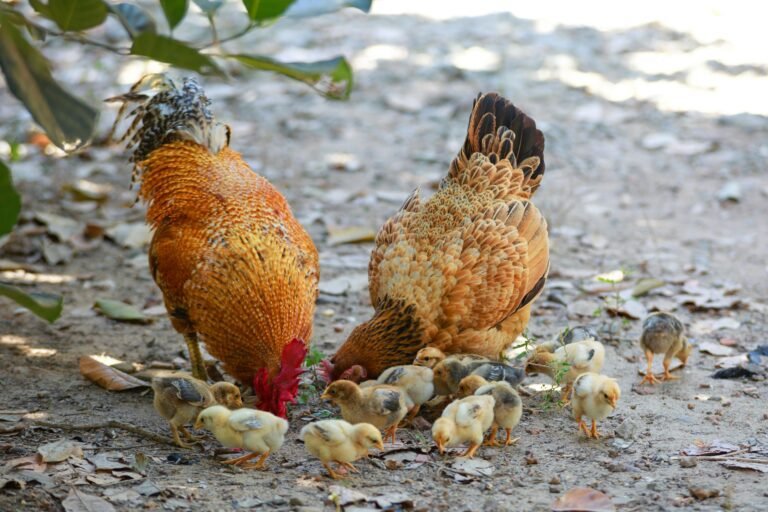Cluck Yeah! Cracking the Chicken Group Code
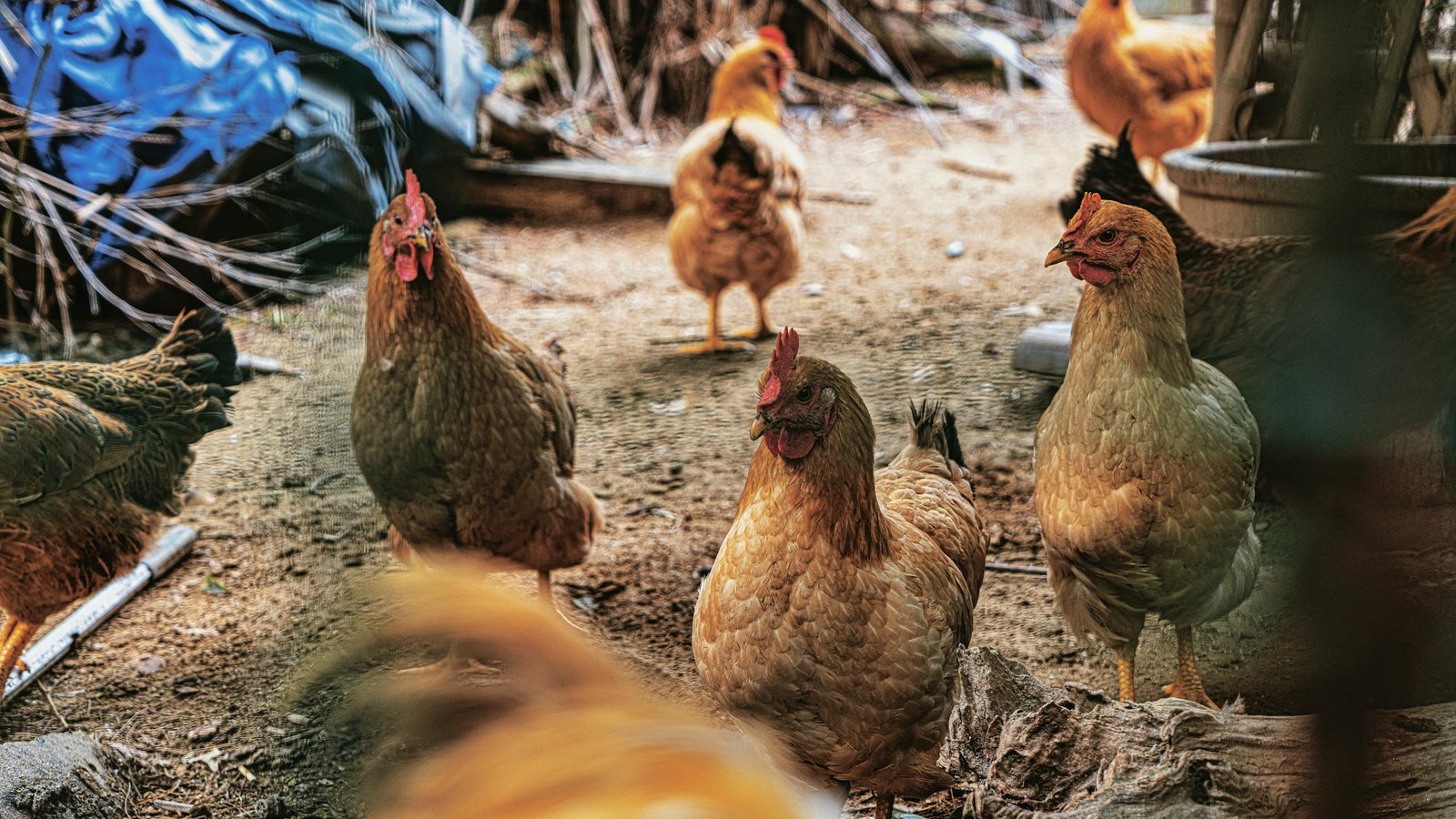
When it comes to chickens, there’s a fascinating array of terminology used to describe them, depending on various factors such as age, gender, and behavior. If you’ve ever found yourself wondering what exactly to call a group of these feathery creatures, you’re not alone. This guide will provide you with a comprehensive understanding of What is a Group of Chickens Called? and when to use each term appropriately.
Basic Terminology of Chickens
What is a Chicken?
A chicken is a domesticated bird that belongs to the species Gallus gallus domesticus. Chickens are omnivores and are one of the most common and widespread domestic animals.
Difference Between Hens, Roosters, and Chicks
- Hen: An adult female chicken.
- Rooster: Cockerel, an adult male domestic fowl that has reached the age of maturity and is sexually potent.
- Chick: A fowl of less than 12 weeks and either bird’s gender.
The General Term: Flock
Understanding the Term
The most common and broadly applicable term for a group of chickens is “flock.” This term is versatile and can be used to describe any group of chickens, regardless of their age or sex. When you see a collection of chickens pecking around a barnyard or wandering a field, you can confidently refer to them as a flock.
Historical Context
The term “flock” has been in use for centuries and is not exclusive to chickens. It is also used for other birds and even some mammals. However, in the context of poultry, “flock” has become the go-to term for describing a group of chickens in both casual and professional settings.
Usage in Poultry Farming
In poultry farming, the term “flock” is commonly used to describe all the chickens housed together in a single environment. Whether it’s a commercial operation with thousands of chickens or a small backyard coop with just a handful, the collective term remains the same.
The Specific Term: Brood
What is a Brood?
A brood is a group of chicks that have hatched from the same mother. This term is also used to describe a group of hens that are particularly broody, meaning they have a strong instinct to sit on eggs and hatch them.
Broody Behavior
When a hen becomes broody, she will sit on a clutch of eggs, often to the exclusion of almost all other activities. During this period, she will be protective of her eggs and will rarely leave the nest, even for food or water. When these eggs hatch, the resulting group of chicks is known as her brood.
Importance in Raising Chickens
Understanding the concept of a brood is crucial for anyone involved in raising chickens. Broody hens require specific care and attention, and their broods need to be monitored to ensure they are healthy and safe. Recognizing when a hen is a brood and managing her brood effectively can significantly impact the success of raising new generations of chickens.
The Whimsical Term: Peep
Defining a Peep
The term “peep” is often used in a more whimsical or endearing context to describe a group of chicks. This term reflects the high-pitched peeping noises that young chicks make, which can be a charming aspect of raising chickens.
When to Use Peep
While “peep” is not a technical term, it is frequently used in informal settings, especially among hobbyists and backyard chicken keepers. It conveys a sense of affection and can make discussions about chicks more relatable and engaging.
Cultural References
The term “peep” has also found its way into popular culture, often used in children’s books and educational materials about chickens. This playful terminology helps to foster a connection between people and their feathered companions, making the process of raising chickens more enjoyable and accessible.
Contextual Usage of Chicken Group Terms
Choosing the Right Term
The choice of term—flock, brood, or peep—depends largely on the context and the specific characteristics of the group of chickens you are describing. For instance:
- Flock: Use this term when referring to a general group of chickens, especially in formal or agricultural contexts.
- Brood: Opt for this term when discussing a group of chicks from the same mother or addressing the behavior of broody hens.
- Peep: This term is best suited for informal discussions about young chicks, particularly when emphasizing their charming and endearing nature.
Practical Examples
Consider the following scenarios to understand better when to use each term:
- A farmer with 50 chickens in a large pen would refer to them as a flock.
- A backyard chicken keeper noticing one of their hens sitting on a nest of eggs would say she has a brood.
- A family observing the newly hatched chicks running around their coop might delightfully call them a peep.
The Role of Language in Chicken-Keeping
Communication and Community
Language plays a crucial role in the world of chicken keeping, helping to foster communication and community among poultry enthusiasts. By using the correct terminology, chicken keepers can share their experiences and knowledge more effectively, whether they are discussing care techniques, breeding practices, or simply the joys of raising chickens.
Educational Impact
Proper terminology is also important in educational settings. When teaching children or newcomers about chickens, using terms like flock, brood, and peep can help clarify different aspects of chicken behavior and care. This precision in language aids in building a deeper understanding and appreciation for these birds.
Enhancing the Chicken-Keeping Experience
For many, chicken keeping is not just a hobby but a way of life. Embracing the correct terminology enhances the overall experience, providing a richer and more informed interaction with these fascinating animals. Whether you are a seasoned poultry farmer or a novice backyard chicken keeper, knowing what to call a group of chickens is a small but significant part of your journey.
Final Words
Understanding the different terms used to describe groups of chickens—flock, brood, and peep—adds depth to your knowledge and enriches your chicken-keeping experience. Each term has its place and purpose, reflecting various aspects of chicken behavior, age, and the keeper’s relationship with their birds.
By using these terms appropriately, you can communicate more effectively, educate others, and deepen your connection with your feathered friends. Whether you are managing a large commercial flock, nurturing a brood of chicks, or simply enjoying the delightful antics of a peep, these words help to capture the essence of what makes raising chickens so rewarding and enjoyable.
